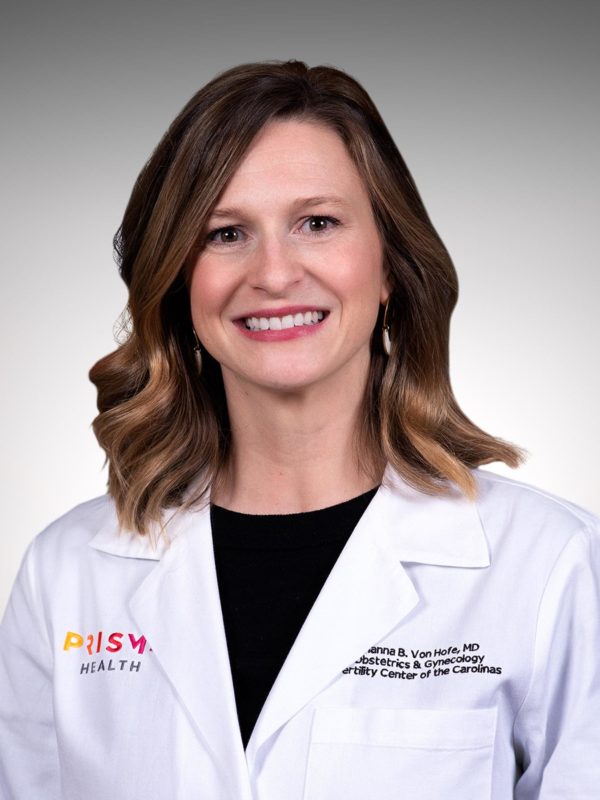Trouble getting pregnant? When to seek help
No one wants to think that it might be difficult to become pregnant. However, many couples experience difficulty when trying to conceive. In fact, infertility affects around 15% of couples who are having regular, unprotected sex.
“Age, lifestyle and medical history are all important pieces of the fertility puzzle,” said Johanna Von Hofe, MD. “If you are trying to get pregnant but are having trouble, it might be time to talk to a specialist and seek help.”
When should you seek help for infertility?
Women should seek help if they:
- Are under the age of 35, experience regular menstrual cycles and have been trying to conceive for 12 months
- Are 35–40 years old, experience regular menstrual cycles and have been trying to conceive for 6 months
- Are over 40 years old
- Are unpartnered or in a same-sex relationship
- Experience irregular or absent periods (less than 10 menstrual cycles a year)
- Have or have had fibroids
- Have experienced an ectopic pregnancy in the past
- Suffer from endometriosis
- Have pelvic inflammatory disease
- Have a history of chemotherapy
“Infertility is not just something women deal with. Male partners may need to be evaluated too,” said Dr. Von Hofe.
Men should seek help if they:
- Have a history of testicular trauma
- Have had testicular or hernia surgery
- Have a history of chemotherapy or radiation
- Currently use or have used testosterone
What can affect your fertility?
Age and medical history are the two most commonly known factors that can play a role in getting pregnant, but lifestyle choices can also play a role. Dr. Von Hofe shared risk factors you can work on before seeing your doctor. These lifestyle choices have been proven to impact the ability to conceive.
- Excessive alcohol use
- More than five drinks a week for women
- More than seven drinks a week for men
- Tobacco use
- Being underweight or overweight
- Marijuana use
Where should you go for help with infertility?
Your OB/GYN is a great place to start. Your doctor may do some basic testing or may refer you to a reproductive endocrinologist – a doctor with specialized training focused on helping people become pregnant – for further evaluation.
Get your fertility questions answered
Find a qualified and experienced fertility specialist near you.
Find a Fertility Specialist

